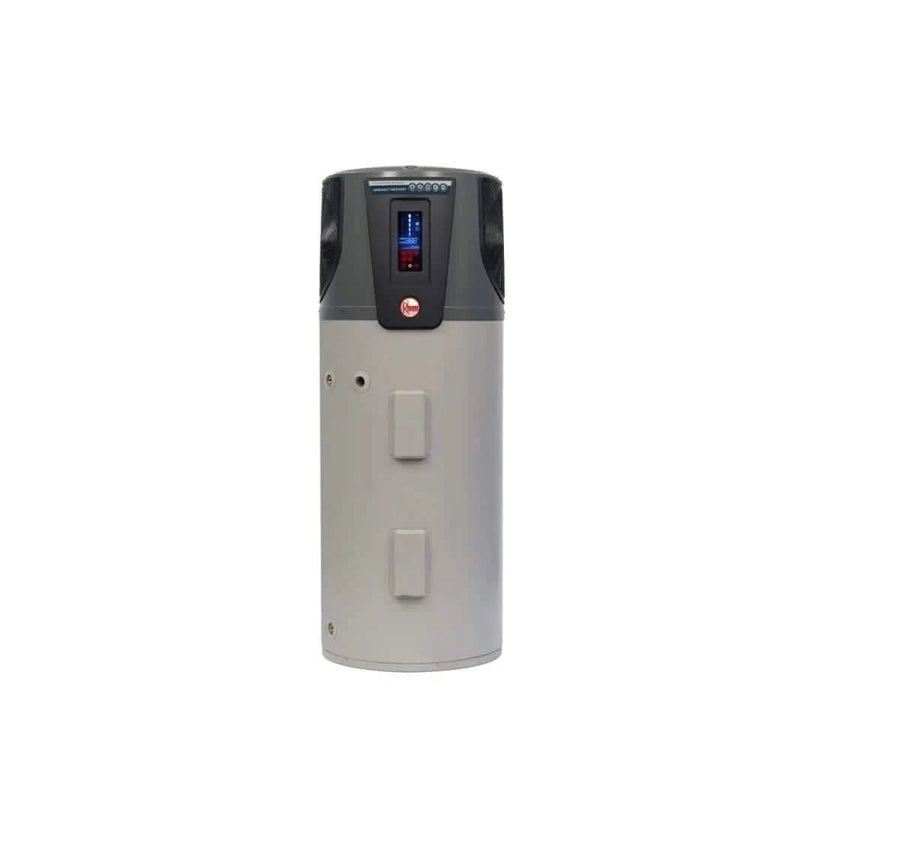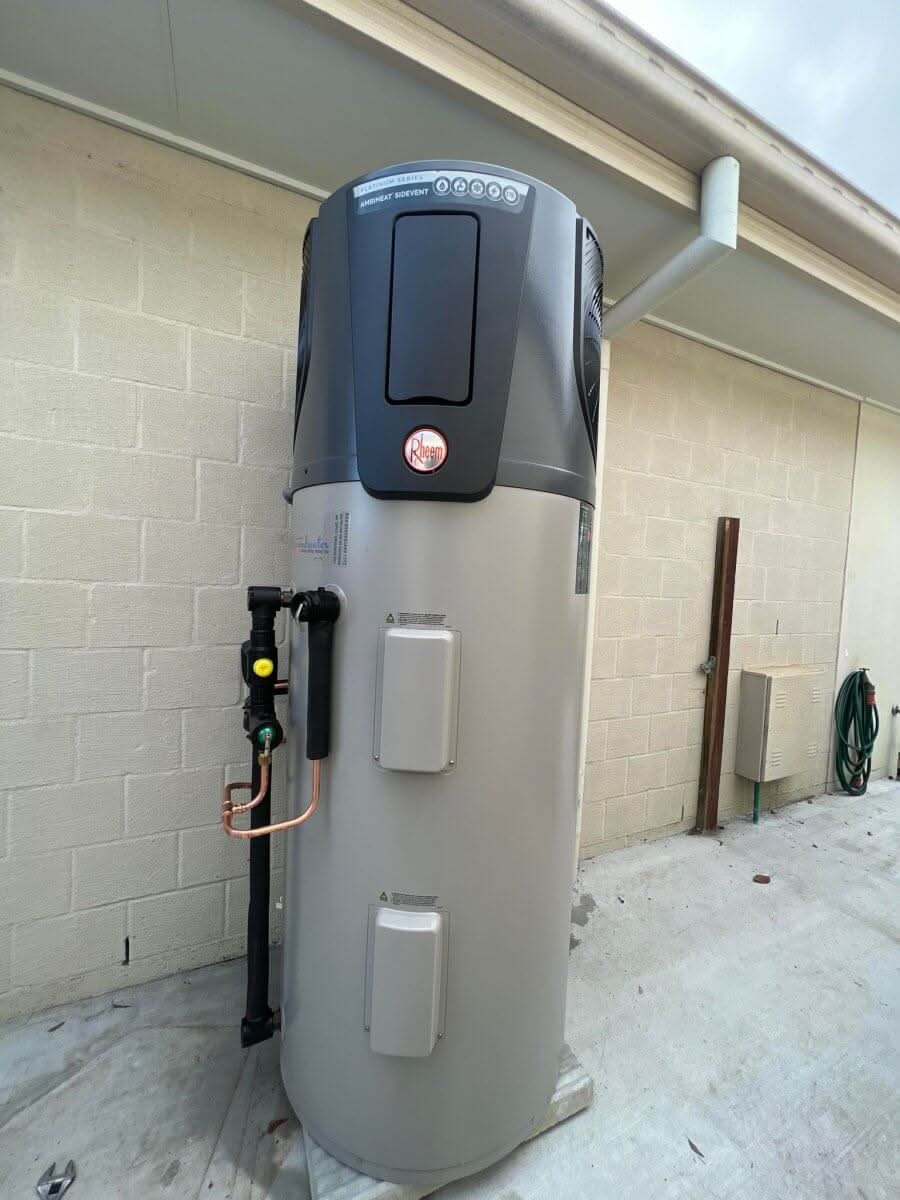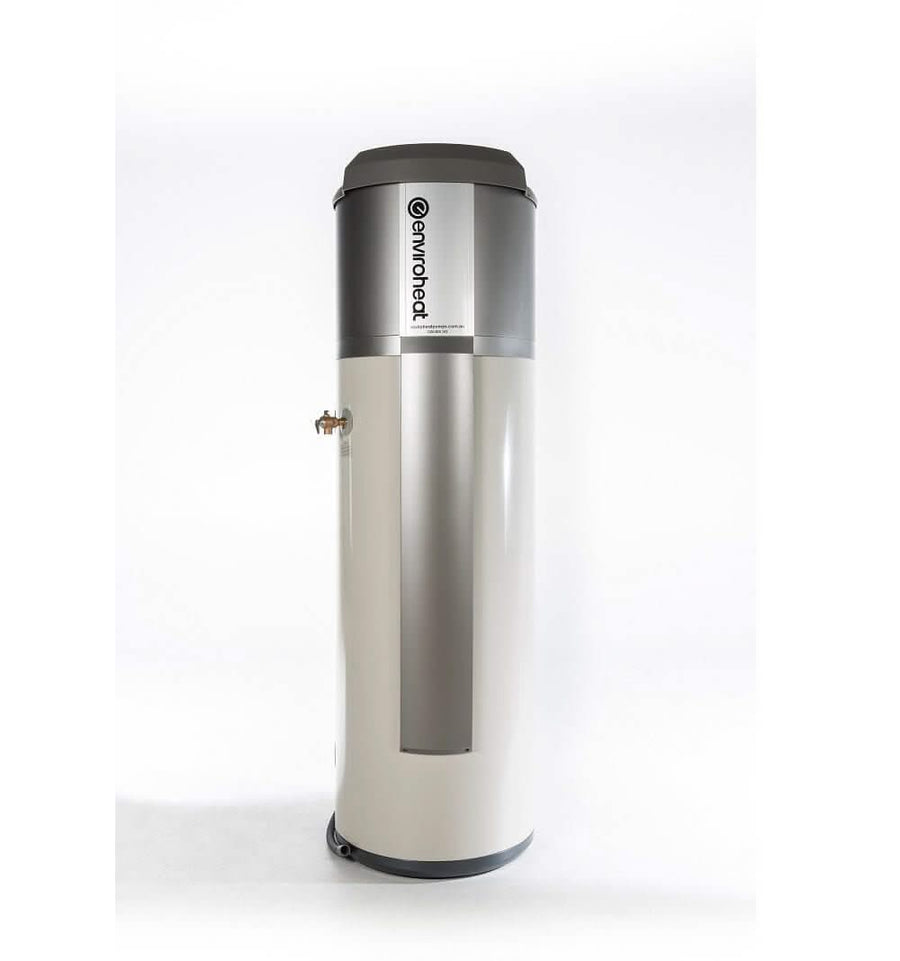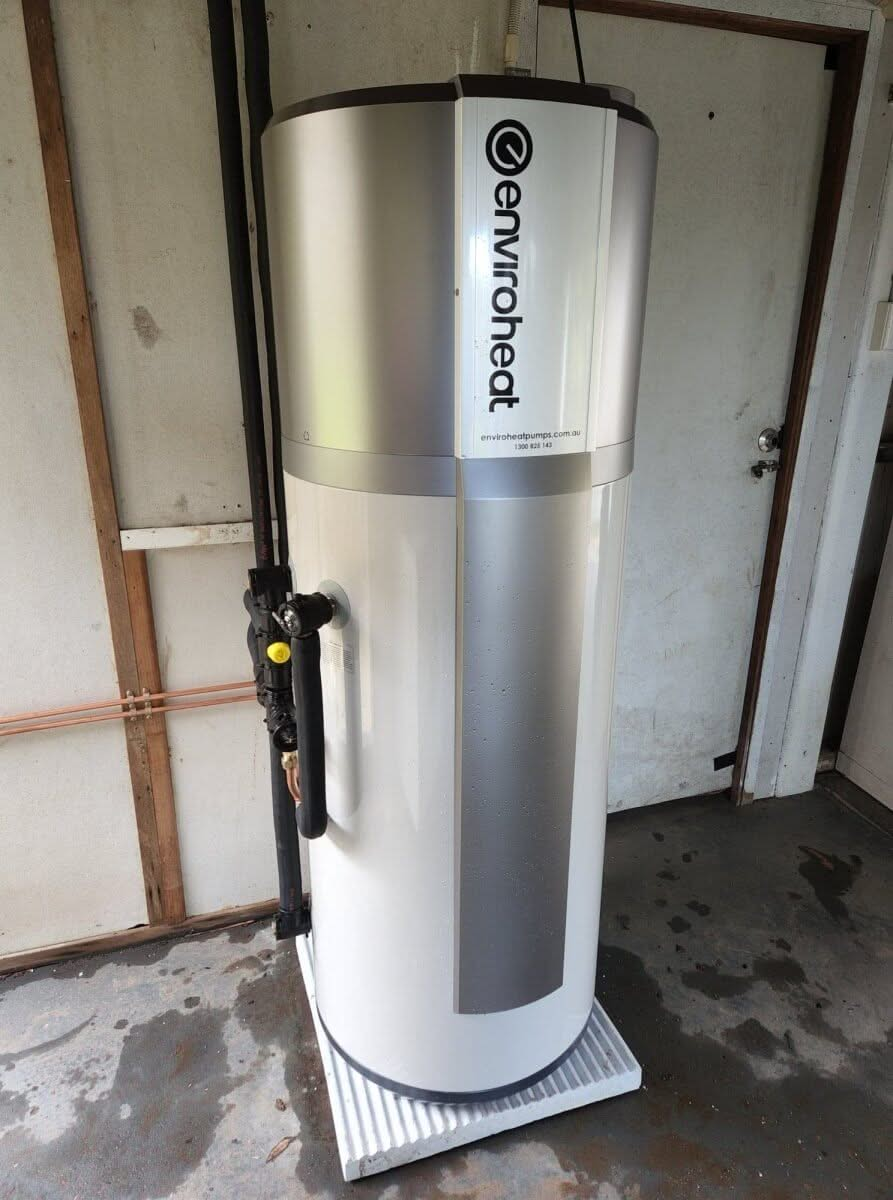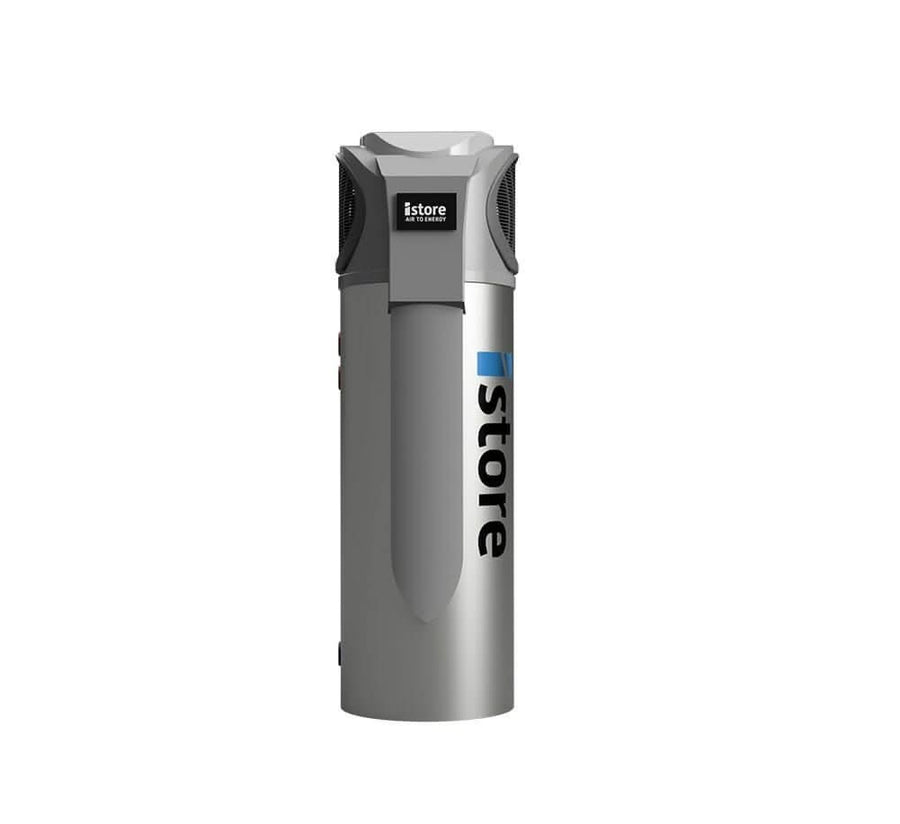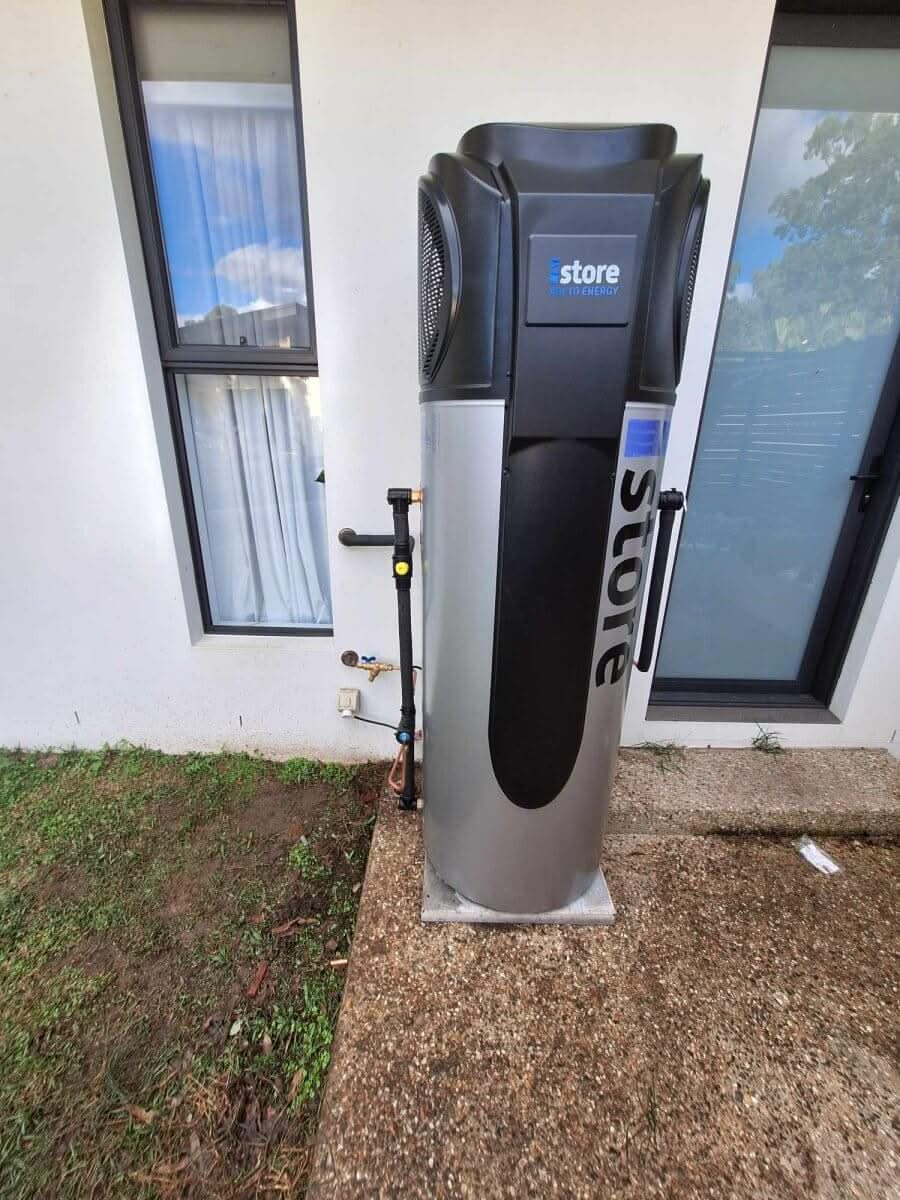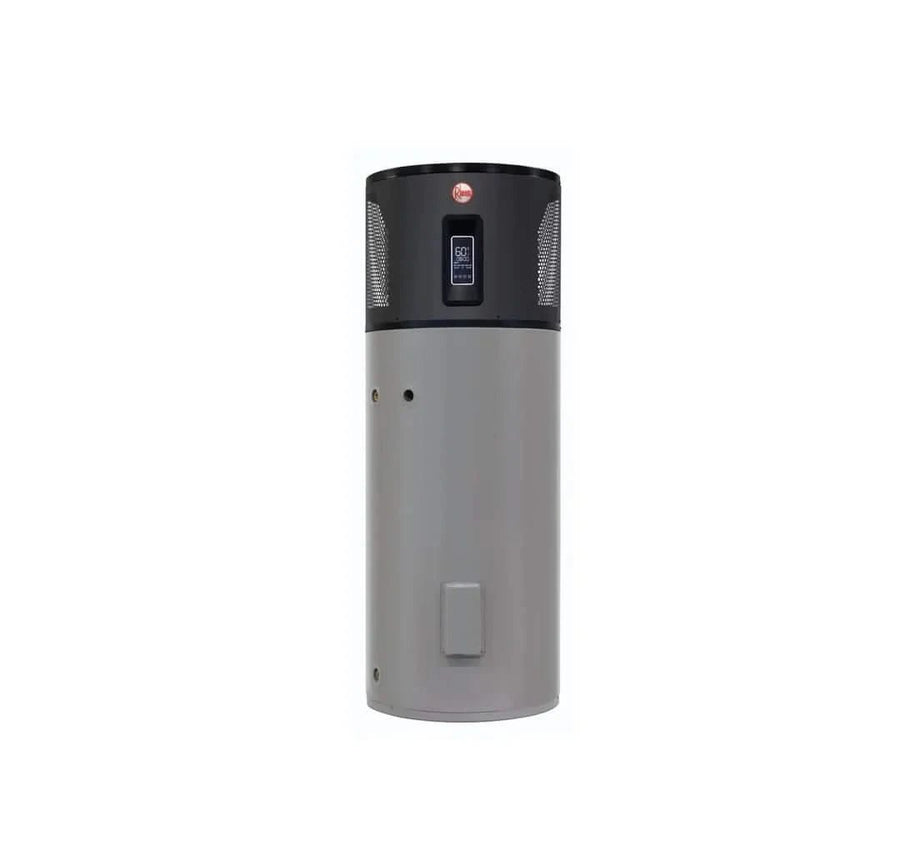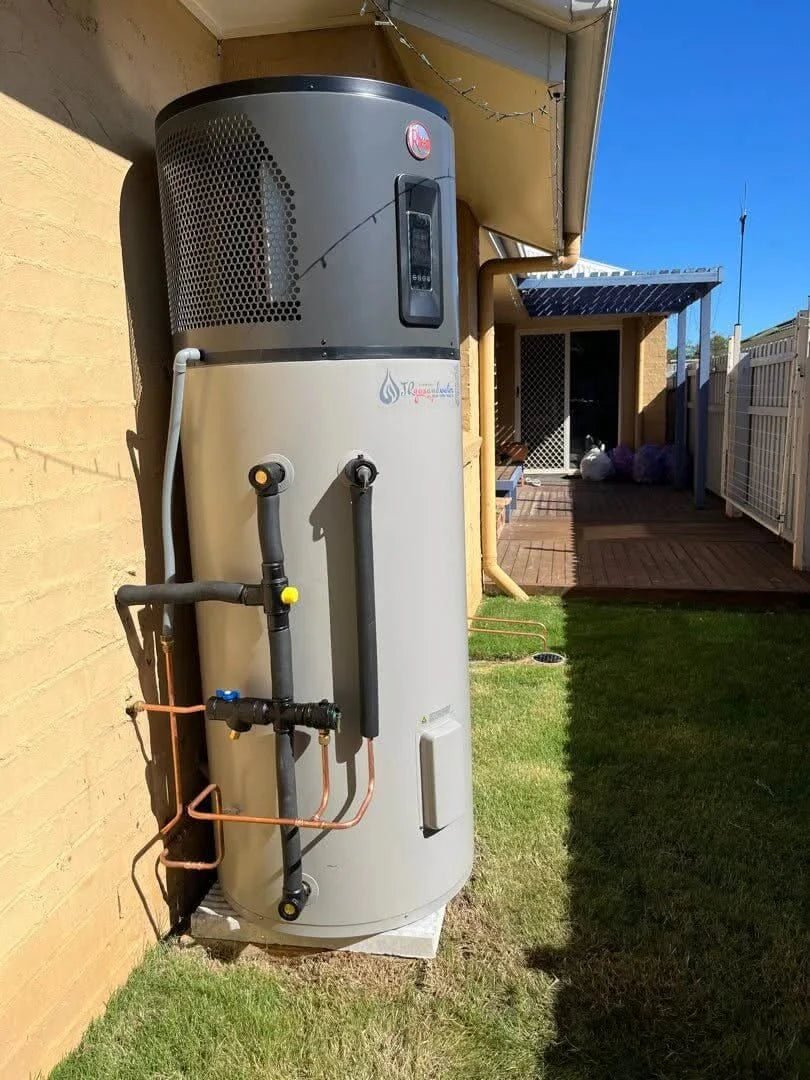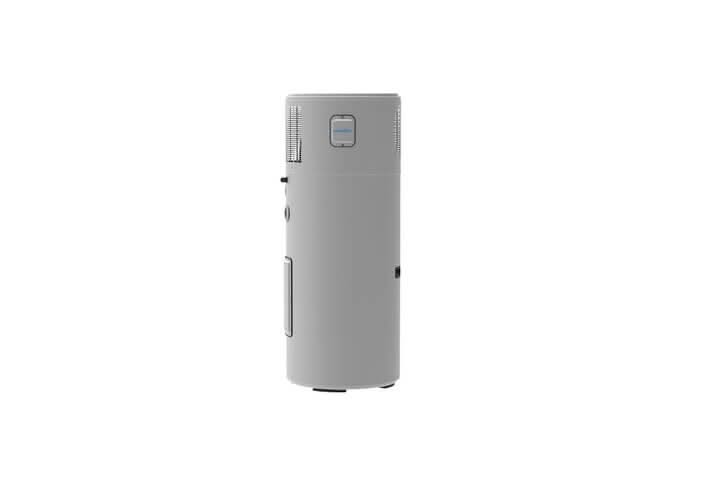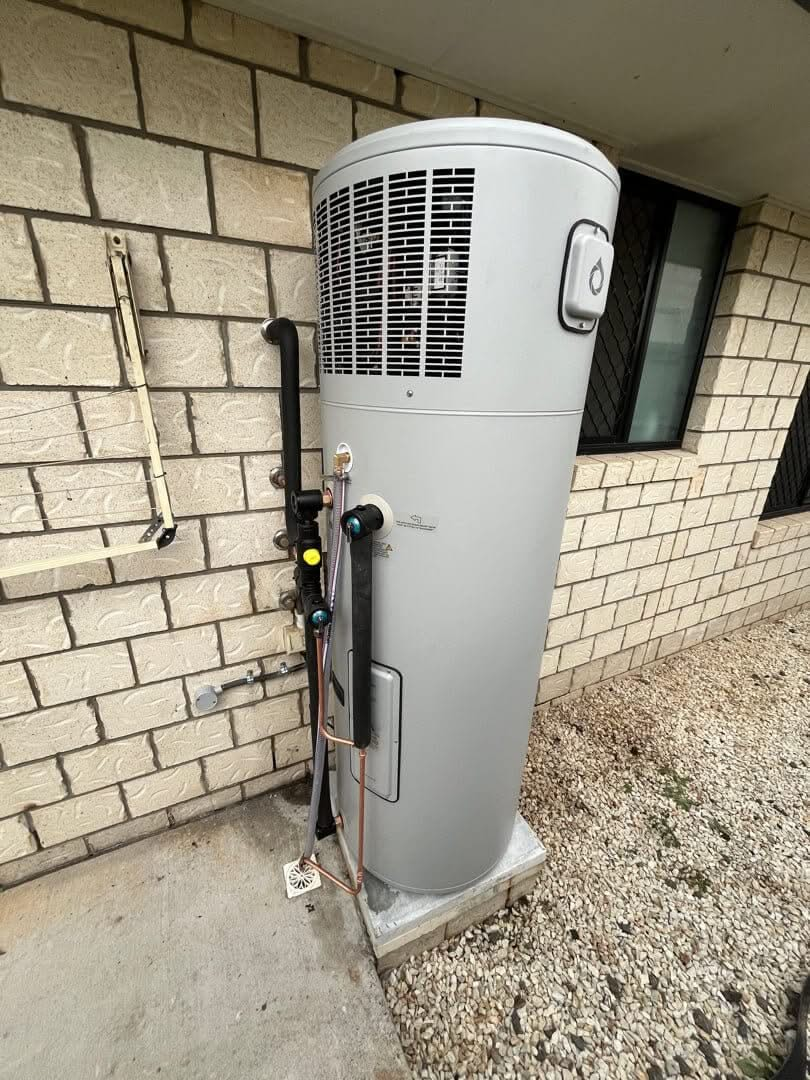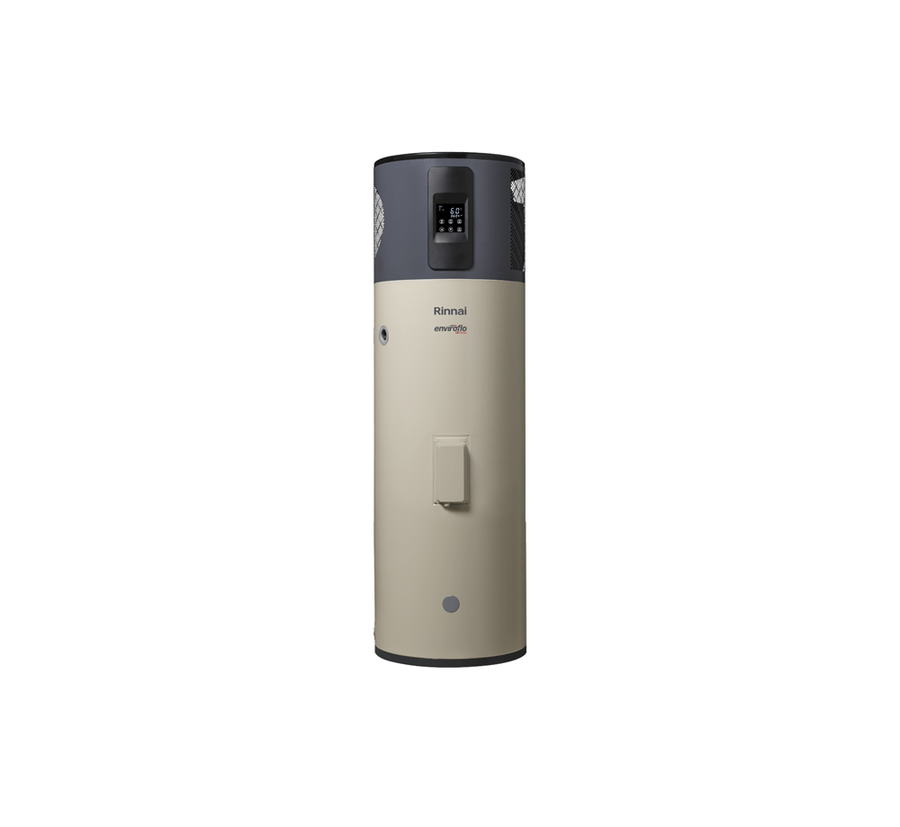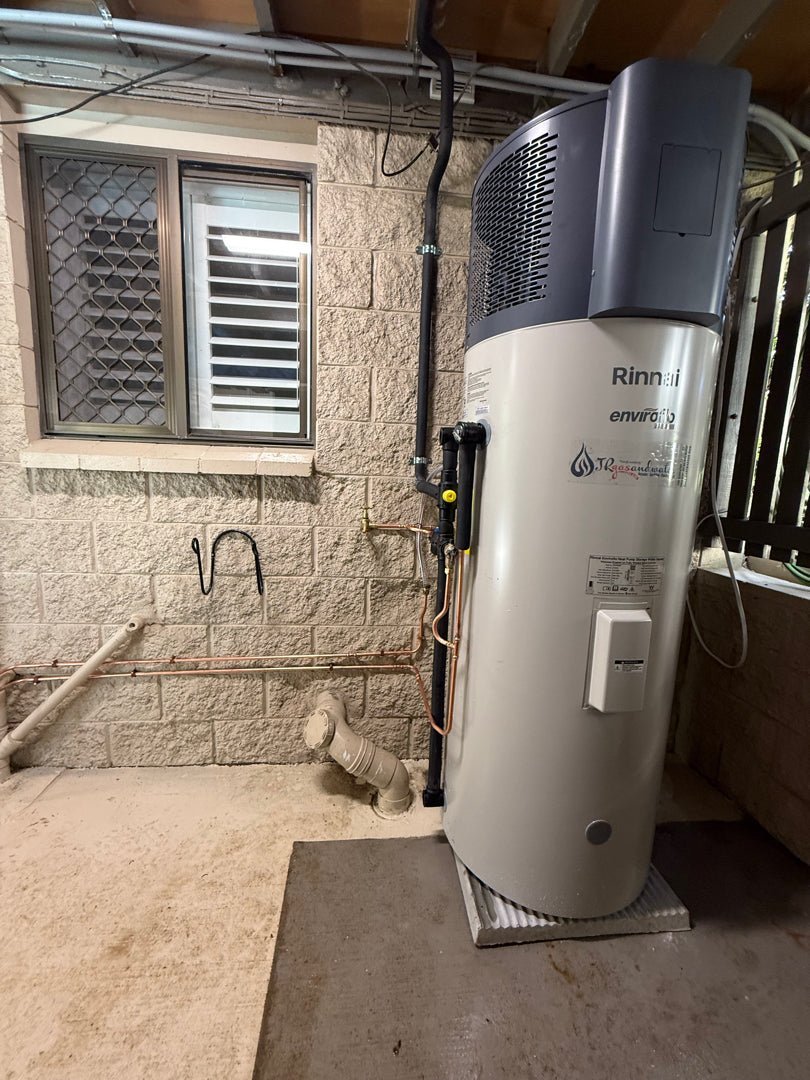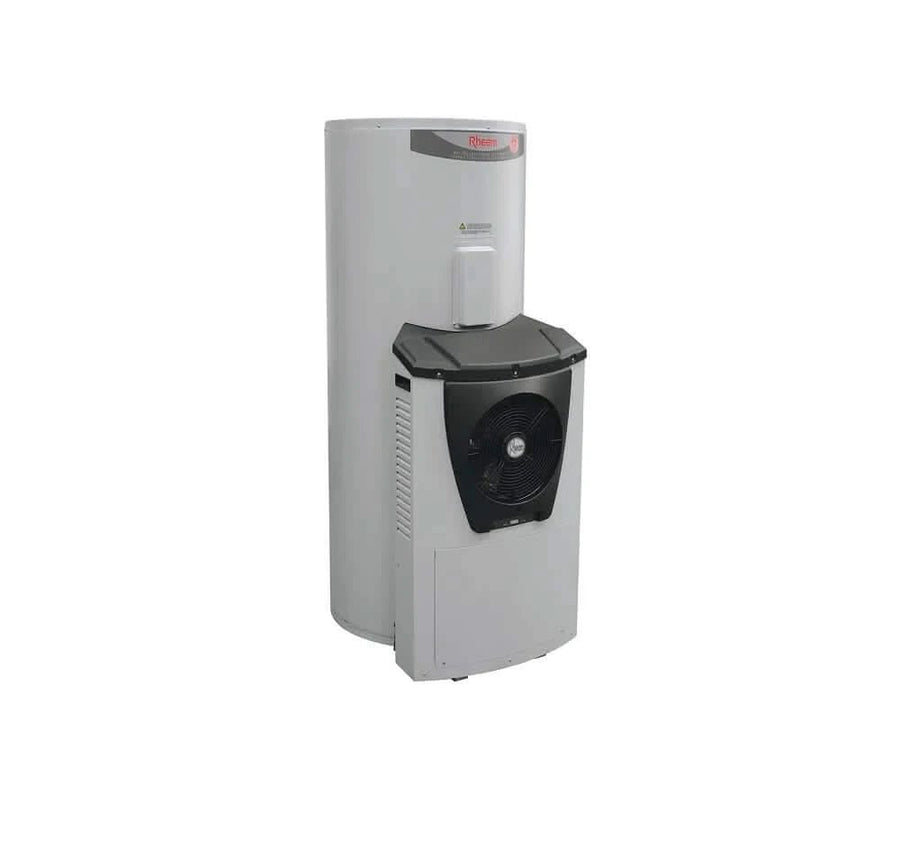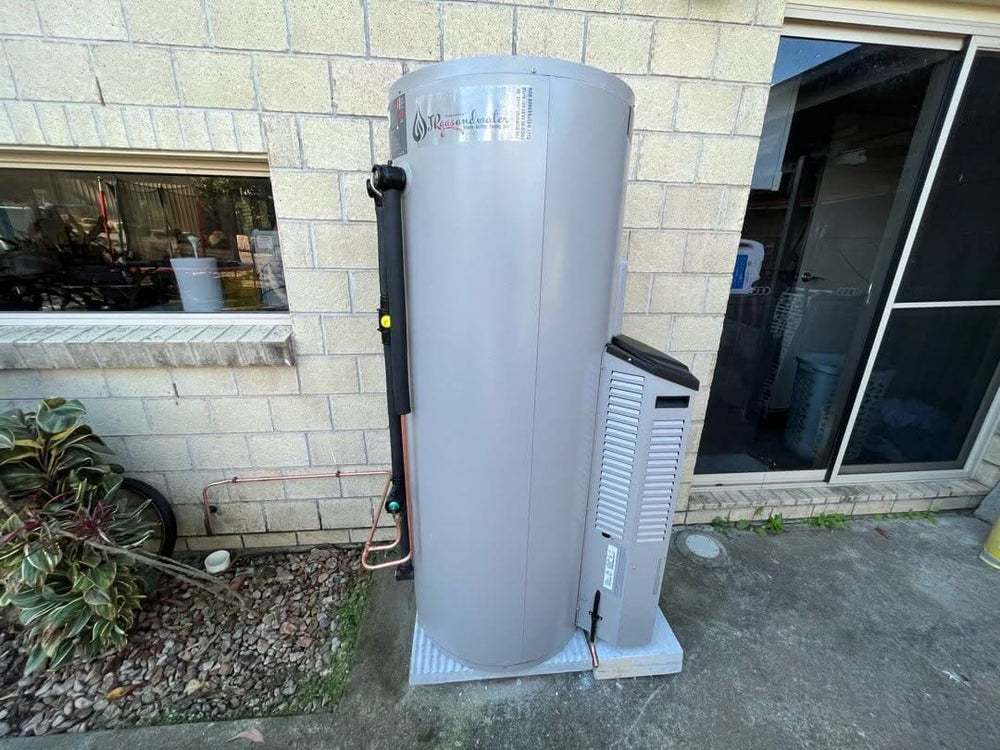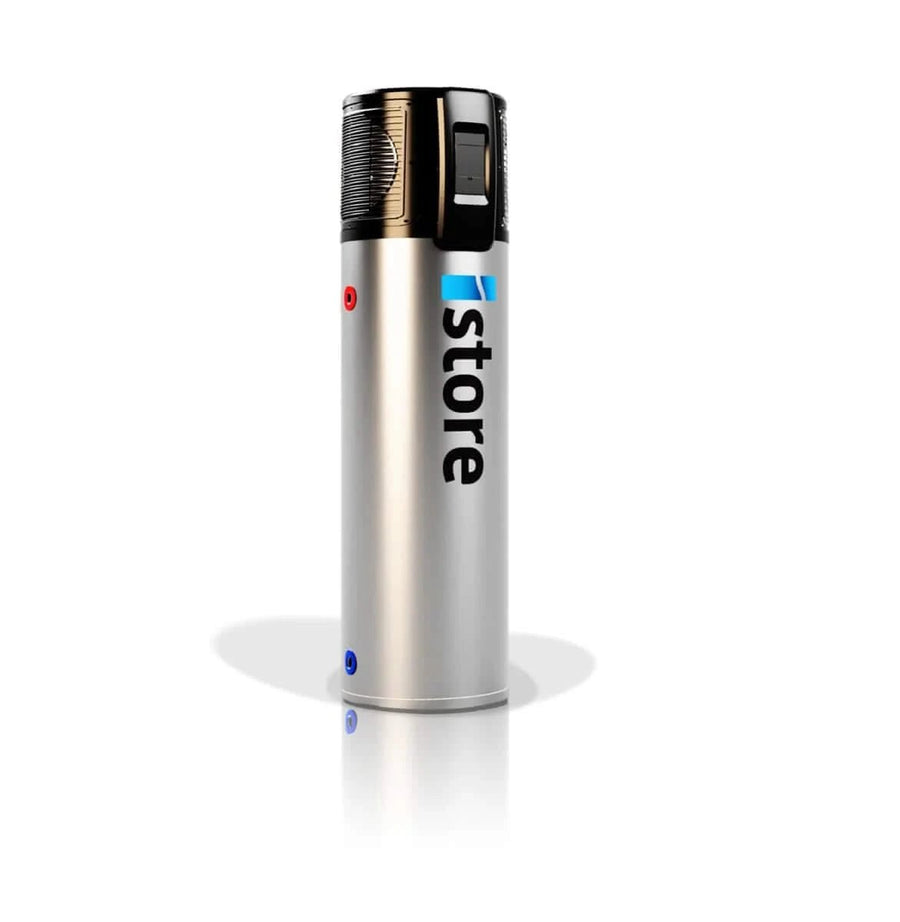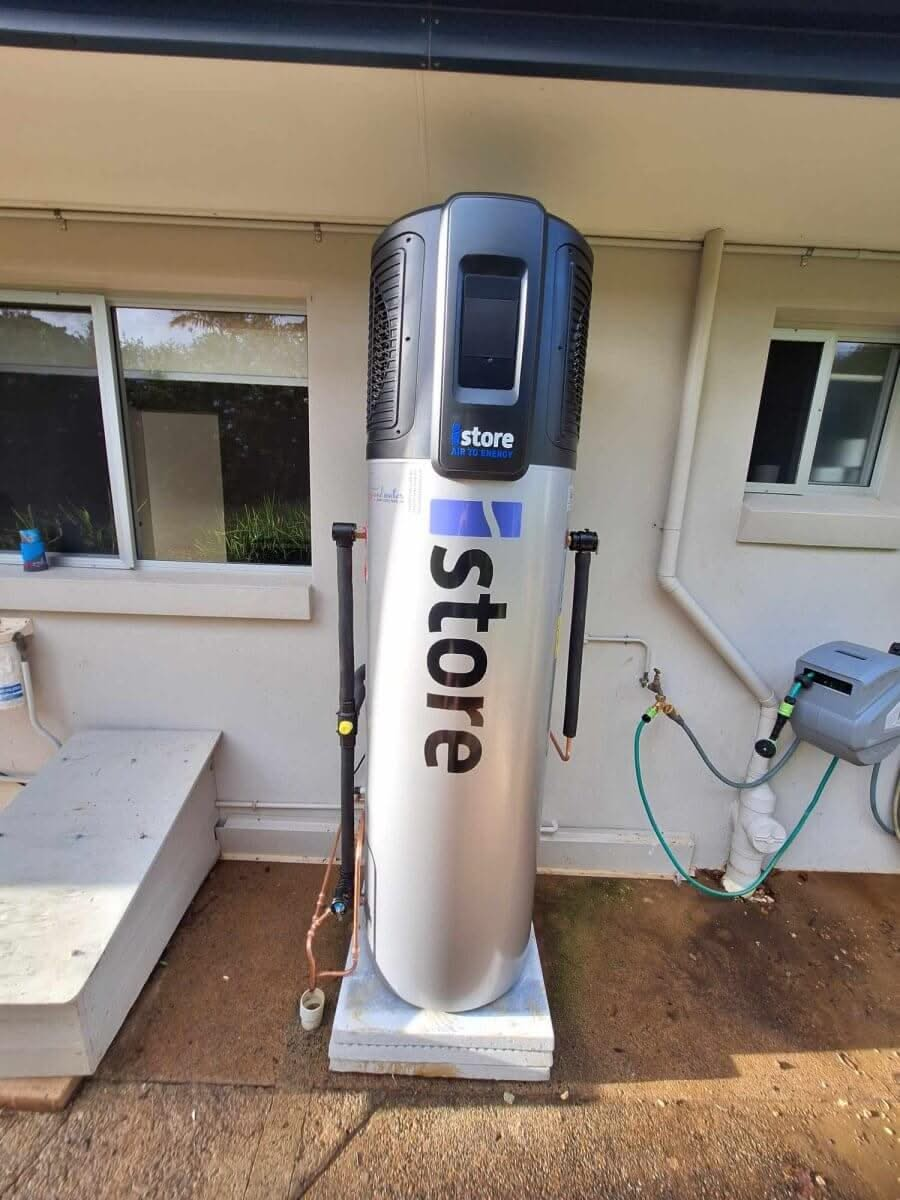Bunnings Hot Water Installation Cost: Choosing the Best System
Struggling to choose a Bunnings hot water system that can provide hot water efficiently? This article zeroes in on what you need to consider — from energy efficiency to installation costs — to find the ideal match for your lifestyle and budget. Whether you are drawn to gas, electric, solar, or heat pump systems, we provide the clarity to make your purchase decision simple. Prepare to cut through the complexity with our targeted advice on Bunnings hot water systems.
-
Bunnings offers a wide selection of hot water systems, catering to different energy sources and efficiency needs, including gas, electric, solar, and heat pump options that vary in energy efficiency and environmental impact.
-
Factors affecting the choice of a hot water system include the energy source, climate, size and capacity corresponding to household demand, budget, installation requirements, and running costs – all crucial in making an informed decision.
-
Bunnings prioritizes security through measures like CAPTCHA challenges and SSL encryption on their website, ensuring customer transactions and personal information are protected during online purchases or inquiries.
Understanding Your Hot Water Needs
When it comes to choosing a hot water system, understanding your household’s specific needs is crucial. Start by considering the number of people in your home and your water usage patterns. For instance, a larger household with multiple bathrooms and high water usage will require a more extensive hot water system compared to a smaller household. If your family enjoys long showers or uses hot water for multiple appliances simultaneously, opting for a system with a higher capacity is essential.
Additionally, your energy consumption habits play a significant role in selecting the right system. If reducing energy bills is a priority, consider energy-efficient options like heat pumps or solar-powered systems. These systems, while potentially more expensive upfront, can offer significant savings over time. On the other hand, if you’re looking for a cost-effective solution with lower initial costs, natural gas or electric hot water systems might be more suitable. Each type has its benefits, so weigh your options carefully to find the best fit for your household.
Understanding Bunnings Hot Water Systems
Bunnings Warehouse, a leading name in the Australian home improvement and outdoor living market, offers a comprehensive range of hot water units, including:
-
Solar hot water units
These options cater to a variety of household needs and preferences, allowing customers to choose the best hot water solution for their energy sources and requirements.
However, getting to grips with these units involves more than just familiarizing oneself with the different types - it’s also about comprehending their energy efficiency ratings. After all, the energy efficiency of a hot water unit significantly impacts both the environment and your pocket.
Types of Hot Water Systems
Bunnings caters to a wide range of customer needs and energy sources with their diverse selection of hot water systems. This includes gas, electric, and systems with solar components. Often, gas hot water systems are valued for their ability to heat water faster than their electric counterparts. This influences the required size and heating rate of the system, making them a popular choice. However, it's important to note that the installation of gas hot water systems requires an available gas supply or connection to the natural gas grid.
For those considering solar hot water systems, brands like Dux offer gas boosters that ensure reliability and efficient aftermarket service. Therefore, even on overcast days, you can rely on your hot water system.
Energy Efficiency Ratings
Choosing a hot water system greatly hinges on its energy efficiency. This is vital in order to decrease greenhouse gas emissions and lower overall energy expenses. The emissions of hot water systems vary by energy source, with:
-
Electricity generating 0.473kg CO2-e per kWh
-
Natural gas generating 0.05553kg CO2-e per MJ
-
LPG generating 0.0642kg CO2-e per MJ
-
Plantation-grown bulk firewood generating 0.005 CO2-e per MJ over a ten-year period.
When it comes to solar and heat pump water heaters, their efficiency is gauged by Small-scale Technology Certificate (STC) allocations. These allocations reflect the system's energy conservation capabilities. Higher STC allocations can lead to significant cost reductions and savings, making your initial investment in a solar or heat pump system more beneficial in the long run.
Factors to Consider When Choosing a Hot Water System
Picking a hot water system is not a decision to be made lightly. It involves several considerations that will ensure you choose a system that aligns with your needs and preferences. These factors include:
-
The energy source
-
The size of the system
-
The climate and geographic location
-
The upfront costs
-
The ongoing running expenses
-
The energy efficiency
Taking these factors into account will help you make an informed decision when choosing a hot water system.
The subsequent sections will dissect these factors in detail, equipping you with a thorough understanding of the considerations to bear in mind when choosing a home hot water system.
Size and Capacity
One of the first factors to consider when choosing a hot water system is its size and tank capacity. Hot water systems come in a wide range of sizes, from small 25L units to large 400L systems. To ensure efficiency and adequacy, the size of the system should correspond with the size of your home and the hot water demand of its inhabitants.
Your family’s water usage habits, such as:
-
the duration of showers
-
the type of shower heads (standard or water-saving)
-
the demand from additional hot water-consuming appliances like dishwashers and washing machines
Significantly influence the required capacity of the hot water system. Even factors such as peak hot water usage times and the connection to either a peak or off-peak electricity tariff can affect the decision on the hot water system’s size needed for your household.
Installation Requirements
Another crucial consideration when selecting a hot water system is the installation requirements. You may need to consult with a professional plumber to ensure that installation needs and safety protocols are met. Moreover, acquiring permits may be required for any installation that involves excavation, or changes to electrical or plumbing systems, as per local or state government regulations.
It's essential to undertake meticulous research and comply with local regulations and requirements before proceeding with the installation of a hot water system. This may take some time, but it's an essential part of the process to ensure your system functions properly and safely.
Budget and Running Costs
When choosing a hot water system, budget often becomes the deciding factor. Here are the typical purchase prices for different types of hot water systems:
-
Electric hot water systems: $300 to $1,500
-
Gas hot water systems: $900 to $2,000
-
Heat pump hot water systems: $2,500 to $4,000
-
Solar hot water heaters: $2,000 to over $7,000
It's important to remember that the initial cost isn't the only expense. Installation costs are variable and depend on the service provider. Then there are the running costs. Here are some factors to consider when it comes to the running costs of different hot water systems:
-
Gas hot water systems are generally less expensive to run than electric systems, leading to potential long-term energy bill savings.
-
Solar systems with natural gas boosting and heat pump systems offer lower running costs in comparison to traditional electric storage systems.
-
Energy tariffs for hot water systems can be influenced by peak or off-peak power tariffs, household size, and type of water heater, contributing to varying running costs.
Additional fees like annual supply charges or cylinder rental fees should also be factored into the total cost.
Installation and Maintenance
Proper installation and maintenance are key to ensuring your hot water system operates efficiently and safely. Hiring a licensed plumber for the installation is non-negotiable, as they will ensure the system meets all safety standards and is installed correctly. This includes placing the system in a well-ventilated area, installing a tempering valve to prevent scalding, and connecting the system to a new meter if necessary.
Regular maintenance is equally important to extend the lifespan of your hot water system and avoid costly repairs. Routine tasks include checking the temperature and pressure relief valve, inspecting electrical connections, and looking for any signs of leaks or corrosion. By staying on top of these maintenance tasks, you can ensure your hot water system continues to provide reliable service for years to come.
Verifying You Are Human: Security Measures on www.bunnings.com.au
Bunnings not only offers a vast array of hot water systems but also places equal importance on securing its customers' information. Bunnings has implemented advanced security measures to keep users' information and transactions secure. This includes the use of CAPTCHA challenges to confirm that users are human, preventing automated software from engaging with the site. However, www.bunnings.com.au needs to review these measures periodically to ensure their continued effectiveness.
In addition to CAPTCHA, the website also uses SSL encryption to protect data transmissions, ensuring that personal and payment information remains confidential. Even as you await a response from www.bunnings.com.au, be assured that the security of your connection is under constant surveillance to quickly counter any potential threats or vulnerabilities.
Performance Security and Ray ID
Bunnings utilizes a unique identifier called a Ray ID for every request that goes through its security infrastructure. This practice significantly contributes to a secure online experience. But what exactly is a Ray ID?
A Ray ID is an identifier given to every request that goes through Cloudflare's security infrastructure. This aids in assessing security events for patterns or false positives and enhances our understanding of application traffic to improve security measures. For enterprise customers, the Ray ID can be enabled in their Cloudflare Logs, allowing for deeper security analysis and monitoring within their server logs.
Reviewing Security Before Proceeding
Before proceeding with online transactions, it's essential to review the security to ward off automated attacks and confirm that the transaction initiator is a real person. This verification process may take a few seconds, but it's a crucial step in assuring the security of your connection before proceeding.
The Ray ID plays a key role in this process. As mentioned earlier, this identifier is given to every request that goes through the security infrastructure. Ray IDs are utilized to assess security events for patterns or false positives, aiding in the understanding of application traffic to enhance security measures.
Once the verification successful, you can confidently proceed with your transaction.
Top Bunnings Hot Water Systems to Consider
Now that you have a solid understanding of the various factors to consider, let's explore some of the top Bunnings hot water systems that might be a good fit for your home. Bunnings offers a wide selection of hot water systems, including high-efficiency models and renewable energy options. Each has unique features that cater to the increasing demand for cost-effective, energy-efficient, and user-friendly hot water solutions.
From Rheem's 4 Star 135L gas storage hot water system known for its cost-effectiveness and reliable water heating performance, to Thermann's X Hybrid Heat Pump that harnesses ambient heat from the air to heat water, offering a sustainable choice for energy-conscious consumers, Bunnings has a solution for every household's hot water needs.
Among the top gas hot water systems at Bunnings, the Dux Prodigy 4 Gas Hot Water System stands out with its patented flue damper technology, which reduces heat loss and improves energy efficiency. Brands like Dux offer gas hot water systems that are considered continuous heaters, ensuring a steady and instantaneous supply of hot water.
These gas water heaters provide flexibility to users by being available in both LPG and Natural gas variants, catering to different user requirements and supply setups. Gas systems are worth considering if you're looking for a balance of cost-effectiveness and reliable performance.
Electric Hot Water Systems
Electric hot water systems are popular due to their simplicity and ease of use. They offer a reliable supply of hot water without the need for gas or solar energy inputs. Many models come with adjustable thermostats allowing you to control the water temperature precisely.
The installation of electric hot water systems is straightforward and typically incurs lower upfront costs compared to other systems. Plus, ongoing maintenance for these systems is minimal, making them a convenient option for many homeowners.
Solar and Heat Pump Systems
Solar hot water systems and heat pump systems are eco-friendly options for homeowners looking to reduce their environmental footprint. A well-designed solar hot water system should provide a consistent supply of hot water throughout the day to meet household needs.
To optimize energy use and savings, a solar hot water system should be capable of reheating water only during off-peak electricity tariff times if such a tariff is available. This ensures you're not just being kind to the environment but also to your wallet.
Financial Incentives and Rebates
Investing in an energy-efficient hot water system can be more affordable than you think, thanks to various financial incentives and rebates. The Australian government, for example, offers rebates for households that install solar-powered hot water systems. Additionally, some energy providers offer discounts for installing energy-efficient systems, which can further reduce your overall costs.
When exploring these financial incentives, start by checking with your energy provider to see if they offer any rebates or discounts. Research government programs that provide financial support for energy-efficient upgrades. While the initial investment in a more efficient system might be higher, the long-term savings on your energy bills can make it a cost-effective choice. By taking advantage of these incentives, you can make a smart investment in your home’s hot water system.
Waiting for www.bunnings.com.au to Respond: Customer Support and Assistance
The world of hot water systems can be a complex one, and you might require assistance at times. Whether you're waiting for www.bunnings.com.au to respond to an online query or you prefer to speak directly with a representative, Bunnings offers several channels of support.
You can lodge your complaints or queries using Bunnings Warehouse's online complaint form. Alternatively, you can even send written complaints to Bunnings' complaints team at Locked Bag 3004, Hawthorn, VIC 3122. For those who prefer social media, Bunnings Warehouse is active on multiple platforms, providing another avenue to file complaints and seek support.
Choosing the right hot water system is a significant decision that demands careful consideration of various factors like size, capacity, installation requirements, budget, and running costs. With a diverse range of systems available at Bunnings, from gas and electric to solar and heat pump models, you're sure to find a system that fits your household needs and preferences. Remember, the right system for you is one that not only meets your hot water needs but also aligns with your energy consumption goals, budget, and local climate conditions.
What is the most efficient electric hot water system?
The most efficient electric hot water system is a heat pump water heater, which extracts heat from the ambient air and is 2-3 times more energy efficient than storage electric systems. It is suitable for areas with mild to hot climates.
How much is a electric hot water system?
An electric hot water system typically costs between $300.00 and $1,500.00, making it the most affordable option to purchase. Gas hot water systems fall in the middle, ranging from around $900.00 to $2,000.00.
Can I install hot water system myself?
It's not recommended to install a hot water system by yourself as it requires specific skills like plumbing and electrical knowledge, and could result in costly damages if not done correctly. It's best to consult a professional for the installation.
What types of Hot Water Systems are available at Bunnings?
Bunnings offers a diverse range of hot water systems including gas, electric, solar, and heat pump models. Consider your specific needs and preferences when choosing the right one for your home.
Why is energy efficiency important in a hot water system?
Energy efficiency in hot water systems is important for reducing greenhouse gas emissions and overall energy costs. This helps in promoting environmental sustainability and lowering utility bills.
Conclusion
Choosing the right hot water system for your household involves careful consideration of your specific needs, installation and maintenance requirements, and available financial incentives. Whether you’re looking for a cost-effective solution or an energy-efficient system, there are numerous options available to suit your needs. By understanding your hot water needs, ensuring proper installation and maintenance, and exploring financial incentives, you can make an informed decision that provides hot water, heat, and comfort to your household for years to come.






